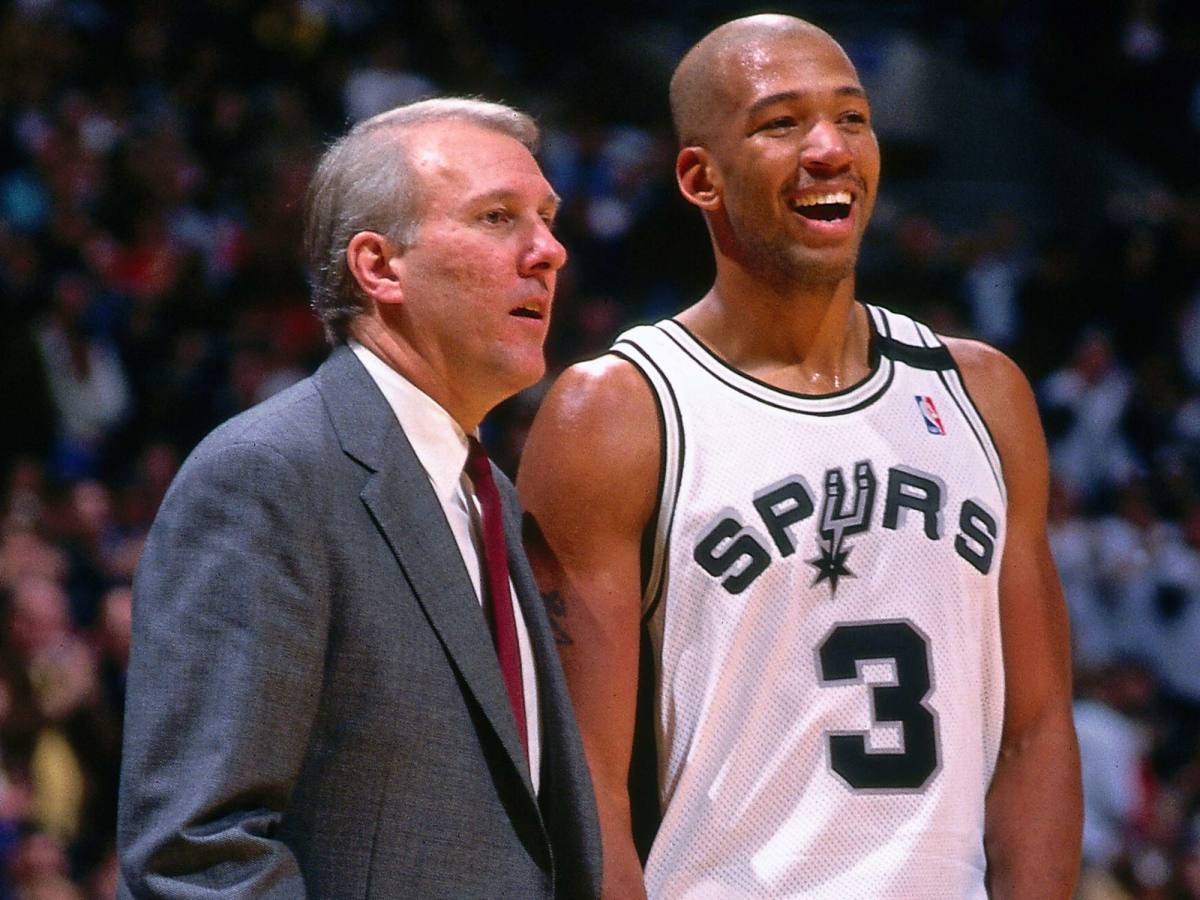Stephen: First I want to talk about—you have issued another beautiful book inspired by your late mother. It's called Just Shine!. One of the things I understand she says is, you don't know what's going on with someone else. You may disagree with them.
Justice Sotomayor: You have to ask them.
Stephen: Does that come in handy in your job?
Justice Sotomayor: A lot. But she showed me something else, which is you can't really judge people by their opinions because you may differ in them. You may not like what people do. One of my favorite stories—she had a friend who talked nonstop. How many of you have those kinds of friends? I bet a lot of you. They walk in, they never stop talking. My brother and I would scurry out of the room as fast as we could. My brother would probably go out to play basketball. I would go hide in my room and read. My mother would sit there and just listen.
One day after this woman had left, I looked at her and said, "How do you have that patience?" And she said, "Sonia, it can be frustrating moments, but I always remember that she really has such a wonderful heart. When I've been sick, she comes over and she's the first one to bring me food. If I am stuck not having a ride somewhere"—so she didn't drive at the time—"I call her up and she offers before I say anything. Not everybody does that."
She taught me to look for the best in people. That was the lesson that moment gave me, and it's one I look for in my colleagues, you know. I don't agree with them much—at least not with the majority—and they can be really frustrating. And there are moments when I want to scurry out of the room. But I don't. And what I look for to maintain our collegiality is the good in them. My mother was right—there is good in almost everyone. I say "almost everyone" because I was a prosecutor, and there are some evil people.
Sotomayor, Sonia. Interview by Stephen Colbert. The Late Show with Stephen Colbert. YouTube, uploaded by The Late Show with Stephen Colbert, 10 Sept. 2025, https://www.youtube.com/watch?v=xKSzq4keAx8.



















